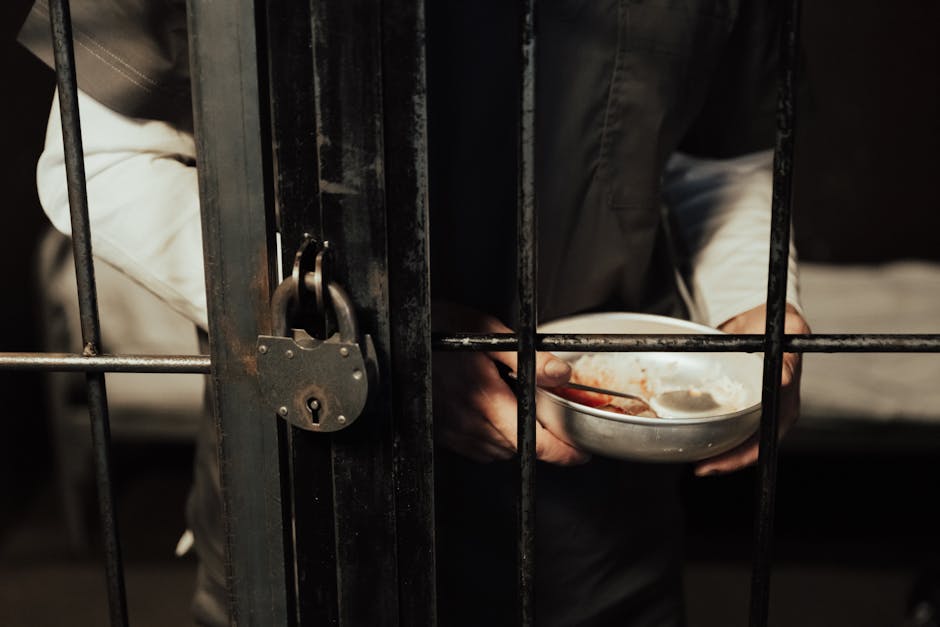A System on the Brink of Collapse
In a shocking revelation that peels back the curtain on the American justice system, a profound crisis is unfolding within the walls of its federal prisons. The very foundation of the U.S. Bureau of Prisons (BOP) appears to be crumbling, not from a riot or a mass escape, but from a slow, systemic decay. Basic necessities like food and even toilet paper are reportedly becoming scarce, creating a volatile environment that has pushed its frontline staff to a breaking point. The sentiment is captured in a desperate, three-word admission from one officer: “We’re broken.”
Why Federal Corrections Officers Are Saying “We’re Broken”
This isn’t just a matter of low morale. Reports from across the country paint a grim picture of a system in dire straits. Chronic underfunding and severe staffing shortages—a problem exacerbated by the COVID-19 pandemic—have created a perfect storm. Officers are working punishing hours of mandatory overtime, often overseeing hundreds of inmates single-handedly in facilities designed for much higher staffing levels. The result is a pressure-cooker environment where safety is compromised for both staff and inmates.
The shortages of essential supplies are perhaps the most alarming symptom of this deep-seated illness. When a first-world nation’s federal penitentiaries struggle to provide adequate meals or basic sanitation products, it signals a catastrophic failure of logistics and management. For corrections officers, it means managing an increasingly desperate and agitated inmate population with fewer resources and less support than ever before. The daily reality has become an untenable mix of danger, exhaustion, and disillusionment.
The Great Migration: Officers Flee the BOP for ICE
Faced with this collapsing system, a mass exodus of corrections officers is now underway. Experienced staff are not just quitting; they are migrating en masse to another federal agency: Immigration and Customs Enforcement (ICE). This is not a random career change. It is a strategic flight from a hazardous and unrewarding job to one that offers a lifeline of better pay, more manageable working conditions, and a stronger sense of institutional support.
The allure of ICE is multifaceted. The agency often provides a significant pay increase, better benefits, and a more structured career path. Critically, it is perceived as an agency that is better funded and valued by the government, standing in stark contrast to the neglect felt within the BOP. For an officer weighing the risks of a volatile prison yard against a more controlled role in immigration enforcement, the choice is becoming increasingly clear. This trend represents a massive “brain drain” from one critical law enforcement arm to another, leaving the nation’s prisons even more vulnerable.
A Looming Security Crisis
The implications of this trend are staggering. With fewer experienced corrections officers left to manage an overstretched system, the risk of violence, riots, and a complete breakdown of control escalates dramatically. It jeopardises the safety of the remaining staff, the inmates, and ultimately, the public. The U.S. federal prison system is not just losing employees; it is losing its institutional knowledge, its stability, and its ability to function.
The cry of “We’re broken” is more than just a soundbite; it is a damning indictment of a system teetering on the brink. As officers trade their BOP badges for those of ICE, it raises a critical question about national priorities and the future of the federal prison system.




